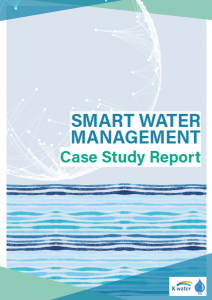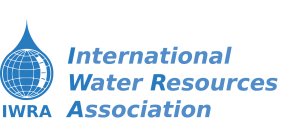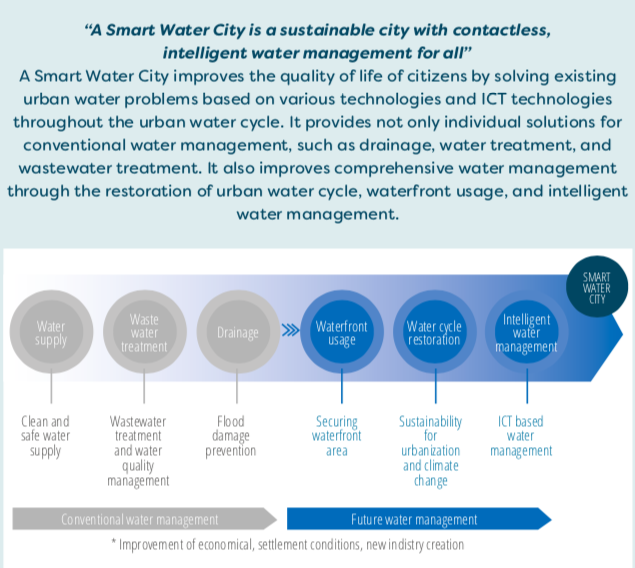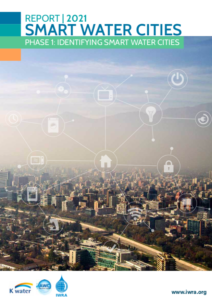IWRA PROJECTS
Smart Water Management
IWRA is excited to collaborate with K-water (the Korea Water Resources Corporation), the Asia Water Council (AWC) and water experts from around the world on its Smart Water Management (SWM) projects.
To date, IWRA has led two large projects to better understand and promote the benefits of SWM: The Smart Water Management (SWM) Case Study project, and the Smart Water Cities Project.
Current projects
Smart Water Cities Project
Following the successful delivery of the SWM case study report, IWRA, K-water and the Asia Water Council (AWC) agreed to initiate a new phase of collaboration from 2020 to December 2023 with the Smart Water Cities project.
The Smart Water Cities project is a three-year project dedicated to the analysis of smart water technologies in urban developments. It is run collaboratively by IWRA, the Korea Water Resources Corporation (K-Water) and the Asia Water Council (AWC) from July 2020 to December 2023.
The project has three main aims:
- To identify and examine the technological solutions put in place to improve water resources management in cities, and the conditions for their implementation – including public and private involvement and support.
- To identify and examine the existing global standards frameworks and the Key Performance Indicators employed to measure and compare smart water solutions in cities.
- To develop a new internationally recognised certification scheme for Smart Water Cities across the world.
Cities around the world are hubs of innovation and creativity. They are at the centre of worldwide economic growth, trade and finance exchanges and communication and logistics. Urban population is rising: more than 60% of the population of the world is expected to live in cities by 2030).
Cities’ growth, however, is already posing unparalleled challenges on urban infrastructures and the environment. For water resources, the expansion of cities is creating challenges in drinking water quality and sanitation, stormwater and leak management, as well as community engagement and decision-making. The development of intelligent technologies is at the forefront of the proposed solutions to deal with both the existing and the upcoming urban challenges in cities around the word. The “smart city” has become a promising aspiration.
This research project seeks to exposes the particularities and the specific challenges of employing SWM technologies in urban developments. It will connect researchers around the world working on the topic and will produce three reports with the findings.
Access below the full SWC Phase 1 report
For more information on this ongoing project, contact Monica Garcia Quesada at m.garcia.quesada@iwra.org.
Past projects
The Smart Water Management (SWM) Case Study Report
The Smart Water Management Case study project ran from 2017 to 2018. Undertaken in collaboration with K-water, the project had the following objectives:
- To promote the use of SWM for current water challenges
- To showcase and provide insights from exemplary cases of SWM from around the world
- To support future SWM projects by highlighting the enablers and barriers for SWM to decision makers
- To identify the contribution SWM can offer in achieving the SDGs
The project concluded with the publication of a report showcasing 10 SWM case studies from around the world, and 9 upcoming SWM projects from both developed and developing countries. The report provides an in depth look at how these SWM projects were implemented, the enabling factors and potential barriers faced, and how SWM can assist with achieving the Sustainable Development Goals. Based on cross case analysis, the report looks at the potential for SWM replication and scalability, and provides policy recommendations to assist decision-makers with supporting future SWM implementation.
Access below the full SWM report as well as the collection of case studies, individual text boxes, and a shorter version of the SWM report:

The full report in high resolution (89 MB)
The full report in low resolution (21 MB)
The executive summary
The individual SWM case studies:
KHIT, Seosan, Paju, Paris, China, FDMT, Mexico, Africa,
Canada, Europe
The individual text boxes: Azerbaijan, Bali, Uganda, India, Bolivia, Argentina, India,
Pakistan, Australia
The brief report (Executive Summary, Introduction, Analysis/Discussion, Conclusion and References)

ADDRESS
Stafford Rosenbaum LLP
222 West Washington Avenue, Suite 900
Madison, Wisconsin 53701-1784
United States of America
IWRA Executive Office
22, rue de Madrid 75008
Paris, France
Phone: +33-6-44-20-57-53
Email: office@iwra.org
Editorial: editor@iwra.org


